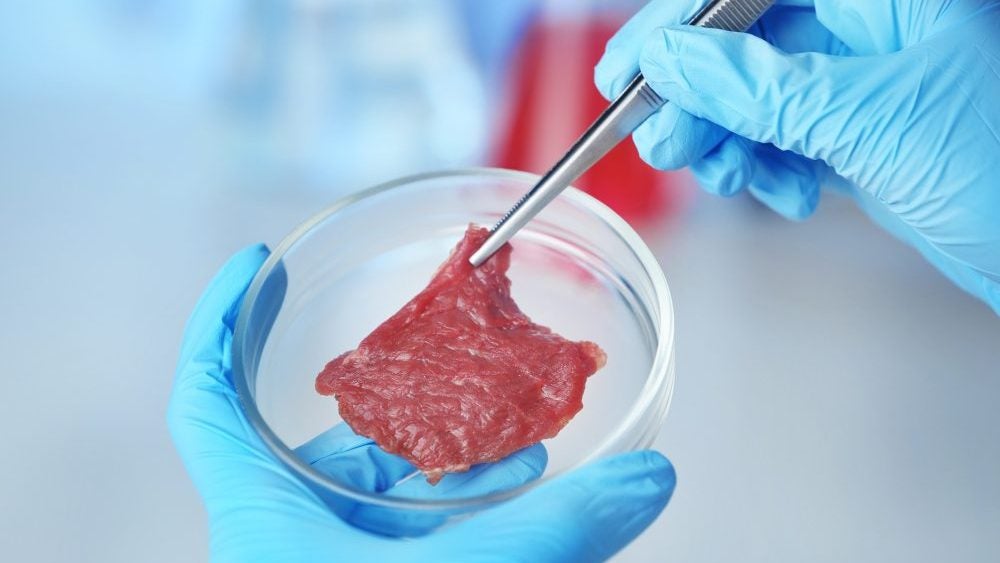
The Italian government has withdrawn from the EU scrutiny process regarding its proposal to ban cultivated-meat sales.
Italy had previously submitted a so-called Technical Regulations Information System (TRIS) notification to the EU, a procedure that aims to prevent the creation of trade barriers in EU countries. The government put forward the notification in an effort to enact its bill on banning cultivated food and animal feed, proposed in March.

Discover B2B Marketing That Performs
Combine business intelligence and editorial excellence to reach engaged professionals across 36 leading media platforms.
Minister of agriculture Francesco Lollobrigida noted on his Facebook page that the notification has been “withdrawn out of respect for the work” of Italy’s government.
However, his comments suggested the withdrawal from the EU process may not end the plan to ban cultivated-meat sales in Italy.
“The DDL [the initial phase of a law that is proposed by one or more members of parliament] has already been given the green light in the senate, it has just been approved in the commission of the chamber of deputies and will soon be discussed and, I believe, approved by the chamber of deputies,” he said.
Describing it as “only a matter of form”, Italy has therefore withdrawn the so-called TRIS notification with which the draft law was to be examined by the EU Commission and member states to assess whether the new rules comply with EU law on the single market.

US Tariffs are shifting - will you react or anticipate?
Don’t let policy changes catch you off guard. Stay proactive with real-time data and expert analysis.
By GlobalDataNevertheless, Lollobrigida has claimed the bill has been approved, labelling the reports about withdrawing the disegno di legge (DDL) as “false”.
The European country approved the bill to ban cell-based food and animal feed earlier this year. It means companies in Italy will not be allowed to produce food or feed “from cell cultures or tissues derived from vertebrate animals”. Breaching the rules could result in fines of up to €60,000 ($65,022).
Lollobrigida added in his post: “I remind the report’s editorial staff that, as a public service, they should not spread fake news, or at least they should try not to. Not only do I not withdraw the DDL, but I am more convinced than ever that I must follow the indications of the municipalities, the regions (all of them) and the millions of Italian citizens who have explicitly asked us to protect our health and our economy.”
Francesca Gallelli, Italian policy consultant at global food system think tank the Good Food Institute, said: “We hope that the step backwards on the European examination indicates the government’s willingness to modify the text of the bill on cultured meat, guaranteeing compliance with Union law.
“Only a week ago, however, the parliamentary majority rejected all the changes to the text in the House Commission, including those that intended to harmonise the bill with European legislation, resolving its numerous and important critical issues.”
She added: “We hope that Parliament will avoid the adoption of a law that would cause a fragmentation of the European single market and would hinder the sustainable growth of the country, also causing immediate damage to Italian companies in the sector.”





